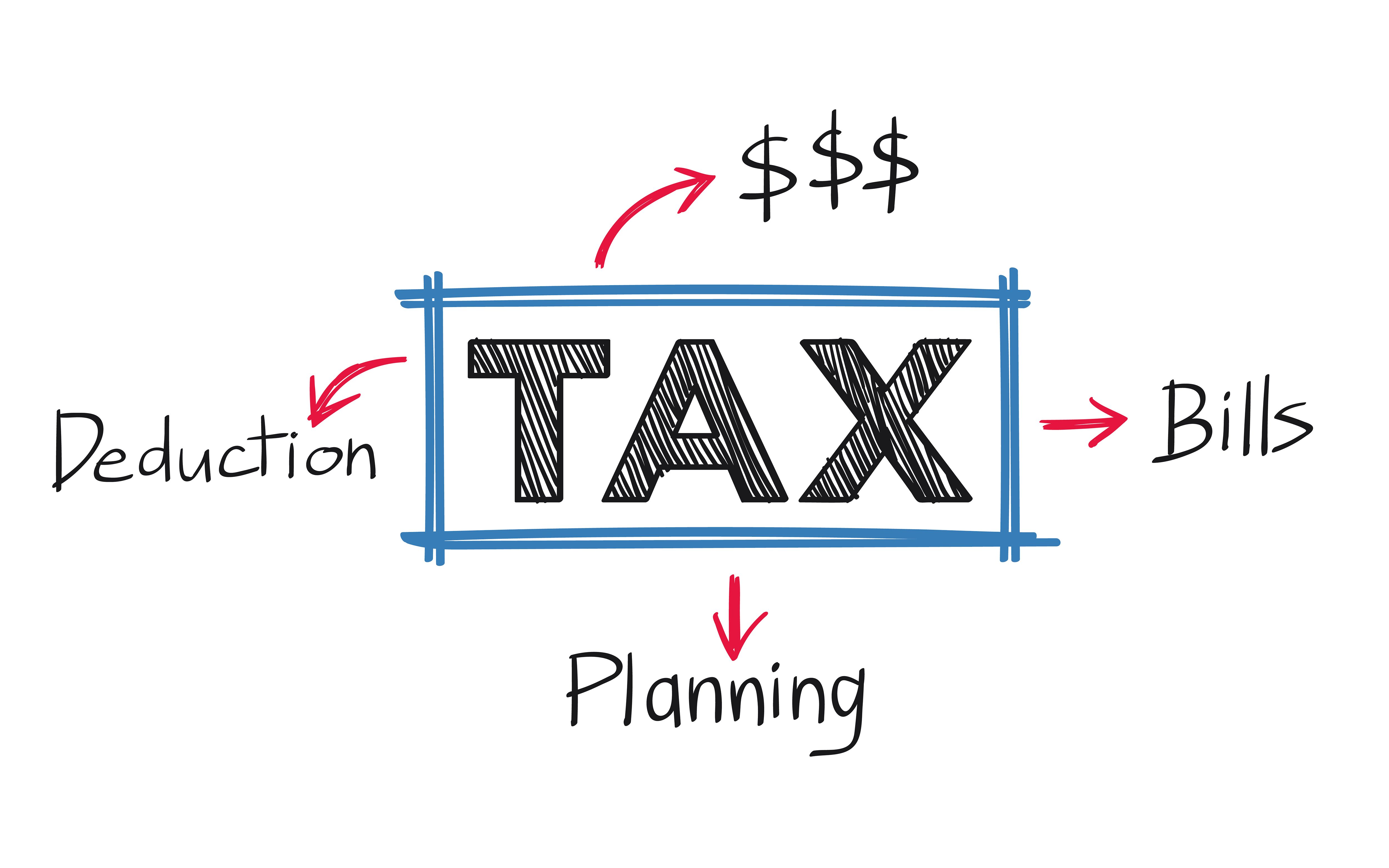
Empower Your Investment Strategy With a Financial Advisor

Investing can be a complex and daunting task. With so many options, risks, and uncertainties, it's crucial to have a well-defined strategy that aligns with your financial goals. This is where a professional financial advisor can make a significant difference. By hiring a financial advisor, you gain access to expertise, experience, and guidance that can help you navigate the intricate world of investments and maximize your chances of success. In this blog, we will explore the various ways a financial advisor can assist you in planning your next investment and the benefits they bring to the table.
Assessing Your Financial Goals and Risk Tolerance:

Before diving into the world of investments, it's essential to assess your financial goals and risk tolerance. A financial advisor can help you understand your objectives and evaluate your risk appetite. By taking the time to discuss your aspirations, time horizon, and financial situation, they can help you establish realistic expectations for your investments. This process lays the foundation for a personalized investment plan that aligns with your unique circumstances.
Developing a Customized Investment Plan:

Once your financial goals and risk tolerance are clear, a financial advisor can work with you to develop a customized investment plan. This plan takes into account factors such as asset allocation strategies, diversification techniques, and the balance between long-term and short-term investments. By tailoring the plan to your specific needs, a financial advisor ensures that your investment strategy aligns with your goals and risk tolerance while optimizing your chances for long-term success.
Researching Investment Opportunities:

With their expertise and access to extensive resources, financial advisors can assist you in researching investment opportunities. They stay informed about various investment avenues, from stocks and bonds to mutual funds and real estate. By conducting thorough market analysis and evaluating risk versus reward, a financial advisor can provide insights into potential investment options that align with your objectives. Their knowledge helps you make more informed decisions and avoid common pitfalls.
Making Informed Investment Decisions:

Making investment decisions requires careful consideration and analysis. A financial advisor provides expert financial analysis, guiding you through the decision-making process. They help you understand the implications of each investment choice, weighing factors such as risk, return potential, and liquidity. By offering objective advice and minimizing emotional bias, a financial advisor helps you make informed decisions that are aligned with your investment plan.
Monitoring and Adjusting Your Portfolio:
Once your investments are in place, a financial advisor's role doesn't end there. They regularly monitor your portfolio's performance, keeping a close eye on market trends and changes. Through periodic portfolio reviews, they assess the performance of your investments and make recommendations for adjustments if needed. This proactive approach ensures that your investment strategy remains aligned with your goals and adapts to changing market conditions.
Tax Efficiency and Financial Planning:

A financial advisor understands the complexities of taxation and can help you optimize your tax strategies within your investment portfolio. They can identify tax-efficient investment opportunities, such as tax-deferred retirement accounts or capital gains management techniques. Additionally, financial advisors provide guidance on retirement planning, wealth management, and estate planning considerations. By integrating these elements into your investment strategy, they help you maximize your long-term financial well-being.
Providing Ongoing Support and Guidance:

One of the significant benefits of working with a financial advisor is the ongoing support and guidance they provide. They stay updated on market developments, economic trends, and regulatory changes that may impact your investments. With personalized advice and tailored recommendations, they respond to your concerns, answer your questions, and provide reassurance during turbulent times. This continuous support helps you stay on track with your investment goals and navigate the complexities of the financial landscape.
Conclusion:
Hiring a financial advisor can be a game-changer when it comes to planning your next investment. Their expertise, knowledge, and dedication to your financial success can significantly enhance your investment strategy. From understanding your goals and risk tolerance to developing a customized plan, researching opportunities, making informed decisions, and providing ongoing support, a financial advisor acts as your trusted partner throughout the investment journey. By leveraging their expertise, you can navigate the complexities of the financial landscape with confidence and achieve your long-term financial objectives.
Q1: Why should I hire a financial advisor when planning my investments?
A: Hiring a financial advisor brings numerous benefits. They provide expertise, experience, and guidance to help you navigate the complexities of investments, maximize your chances of success, and align your strategy with your financial goals.
Q2: How do financial advisors assess my financial goals and risk tolerance?
A: Financial advisors engage in thorough discussions with you to understand your aspirations, time horizon, and financial situation. They use this information to assess your financial goals and evaluate your risk appetite.
Q3: How does a financial advisor develop a customized investment plan?
A: A financial advisor tailors an investment plan specifically for you based on your financial goals, risk tolerance, and investment preferences. They consider factors such as asset allocation, diversification, and the balance between long-term and short-term investments.
Q4: How do financial advisors research investment opportunities?
A: Financial advisors stay informed about various investment avenues and conduct thorough market analysis. They evaluate risk versus reward and provide insights into potential investment options that align with your objectives.
Q5: How do financial advisors assist in making informed investment decisions?
A: Financial advisors offer expert financial analysis, helping you understand the implications of each investment choice. They weigh factors such as risk, return potential, and liquidity, minimizing emotional bias and guiding you towards informed decisions.
Q6: How do financial advisors monitor and adjust my portfolio? A: Financial advisors regularly monitor your portfolio's performance, keeping an eye on market trends and changes. Through periodic portfolio reviews, they assess performance and make recommendations for adjustments if needed to ensure alignment with your goals.
Q7: Can a financial advisor help with tax efficiency and financial planning?
A: Yes, financial advisors have a deep understanding of taxation and can help you optimize your tax strategies within your investment portfolio. They also provide guidance on retirement planning, wealth management, and estate planning considerations.
Q8: How do financial advisors provide ongoing support and guidance?
A: Financial advisors stay updated on market developments, economic trends, and regulatory changes. They offer personalized advice, answer your questions, and provide reassurance during turbulent times, helping you stay on track with your investment goals.
Q9: What should I consider when hiring a financial advisor?
A: When hiring a financial advisor, consider their qualifications, experience, areas of specialization, and approach to investment management. It's important to find someone who aligns with your goals and communicates effectively.
Q10: Is working with a financial advisor worth the cost?
A: While financial advisors charge fees for their services, the value they bring in terms of expertise, guidance, and potentially higher investment returns can outweigh the cost. The long-term benefits and peace of mind they provide make the investment worthwhile for many individuals.
Appreciate the creator